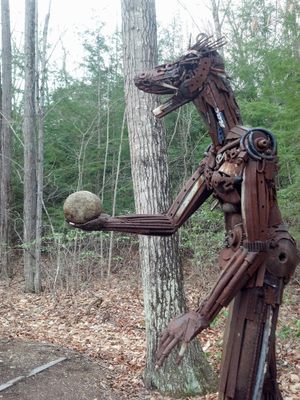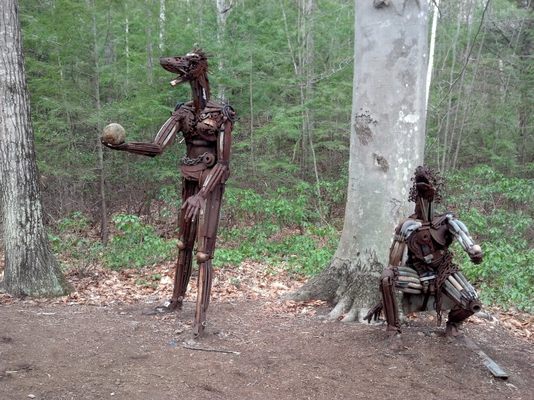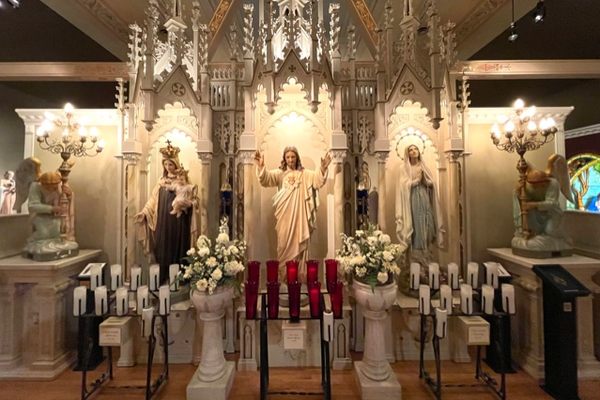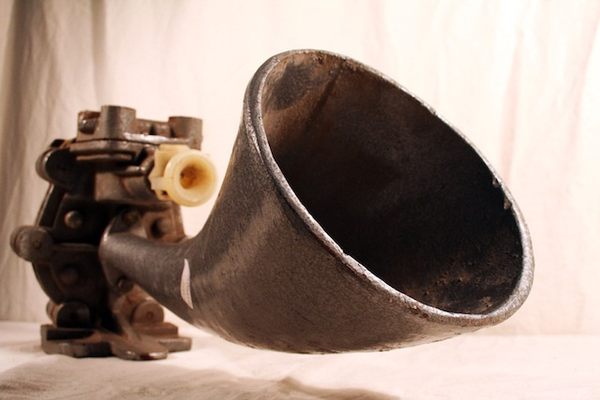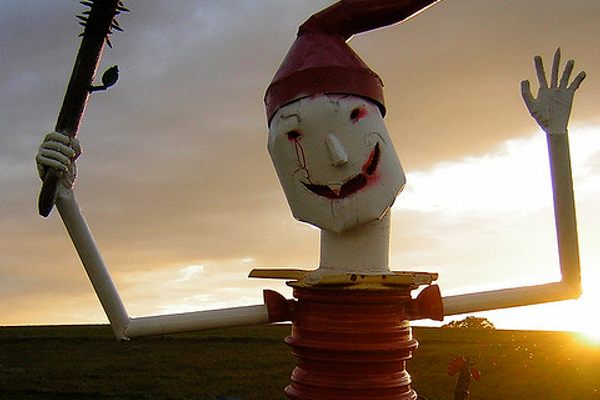About
Hiking is a reserved, solitary experience for many. The rustic serenity of soil underfoot, the organic fragrance that fills the air – experiencing the spoils of nature untouched and undisturbed by civilization is typically the objective of many hikers.
Sculpture, on the other hand, is mankind's response to nature. It is the molding of materials, the fashioning of unnatural shapes and figures into the raw offerings of the wilderness. It is the art form most directly disruptive to the natural state of things, but also the one with which nature is most intricately intertwined.
It makes sense, then, for sculpture gardens to be more and more commonly mixed into nature preserves and hiking destinations throughout the world, and they are. From the Route of Faces in Spain to the Hill of Witches in Lithuania, artists are starting to come together to pay tribute to nature by way of decoration – providing an homage to the materials they use by placing them back into the wild from whence they came.
The Andres Institute of Art and its sculpture garden are joining the movement, decorating the hiking trails and rugged vistas that surrounds its New Hampshire home with subdued but evocative sculpture and artistry.
Usually, one looks to corporate business parks, museum courtyards and corners of city parks to find a sculpture garden of any magnitude. But at the Andres Institute, works large and small from artists around the globe have been gathered and placed throughout the countryside, allowing both hiking and art appreciation in one silent trek.
There are those who say nature should remain unspoiled, and art should be examined and dissected in a proper, setting, shielded from the influence of the elements. But with something as raw and natural as sculpture, it may make the most sense out of anything to view, unnaturally, in its natural environment.
Related Tags
Know Before You Go
The sculptures cover 140 acres.
Community Contributors
Published
June 26, 2012






